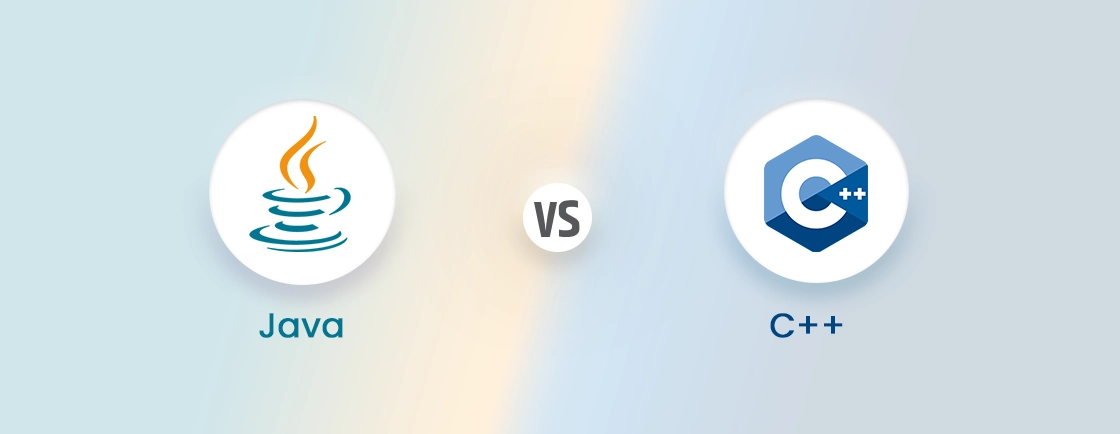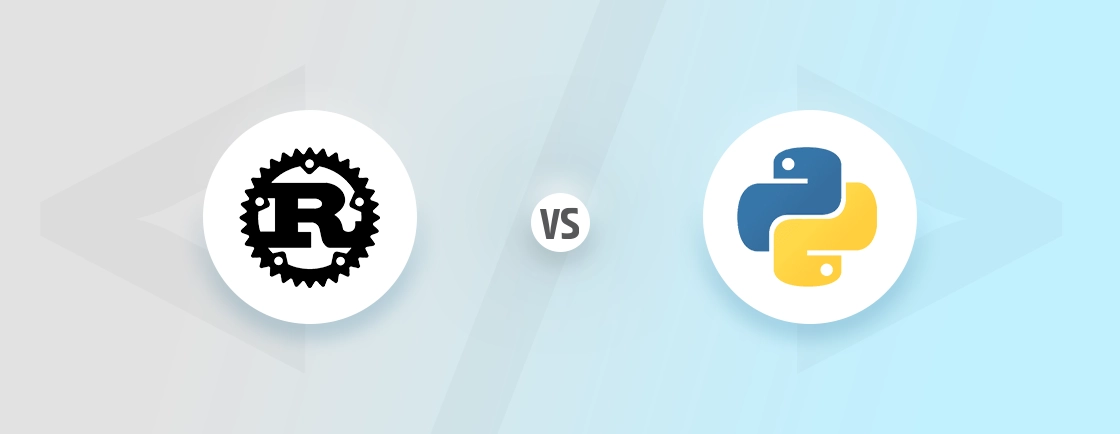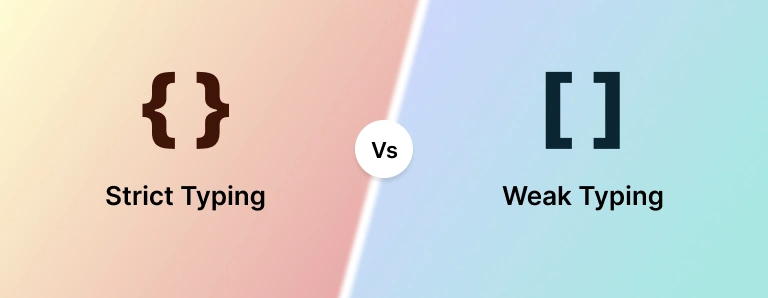Table of Contents
Choosing the right tech for developing your website is not easy. You need to consider factors like customization, built-in development tools, and more before selecting one.
When we compare Joomla and Laravel, one offers quick setup, and the other gives you full control. But without clearly knowing what fits your needs, you could end up building a site that may look good but underperforms.
To help you make a clear choice, we’ll compare Joomla vs Laravel in detail based on various factors. Plus, we’ll learn how you can make a choice just like web development experts when choosing a tech to build your website.
Joomla vs Laravel: Comparison Table
| Aspect | Joomla | Laravel |
|---|---|---|
| Type | Content Management System (CMS) | PHP Web Application Framework |
| Target Users | Non-developers, small businesses, and content editors | Developers, agencies, and teams building custom web apps |
| Ease of Use | Beginner-friendly with a visual admin panel | Developer-centric; requires coding knowledge |
| Flexibility | Moderate; based on available templates and extensions | High, you can build anything from scratch |
| Setup Time | Quick to set up and launch | Slower setup; more initial configuration needed |
| Customization | Limited to what extensions and templates allow | Fully customizable; no design or logic limits |
| Built-in Features | SEO, multilingual support, menu manager, and user roles | Routing, ORM, authentication, job queues, API support |
| Performance | Good built-in performance for standard websites | Can be optimized for high-performance custom applications |
| Security | Secure with regular updates and extensions | Advanced built-in security (CSRF, hashing, validation, etc.) |
| Learning Curve | Low; great for non-coders | Medium to high; suited for developers familiar with PHP |
| SEO Capabilities | Built-in SEO tools and plugins | Requires integration or custom solutions for advanced SEO |
| Community Support | Large global community with active forums and third-party plugins | Strong developer community and ecosystem, lots of packages on GitHub |
| Development Speed | Fast for standard content websites | Slower upfront, faster once workflows and tools are set |
| Scalability | Suitable for small to medium websites | Excellent for large, scalable, and complex applications |
| Use Case | Blogs, business websites, and small eCommerce | Custom dashboards, SaaS platforms, complex web apps |
| Cost | Lower cost for setup; fewer dev resources needed | Higher dev cost, but flexible for long-term growth |
Overview of Joomla
Joomla is one of the best CMS tools that helps you build websites without much coding knowledge. It’s like WordPress but with more built-in flexibility, making it great for developing medium-sized business sites, blogs, and even eCommerce sites.
You get tons of extensions and templates to customize your site just how you want it. While it’s user-friendly, it does have a steeper learning curve than other similar platforms.
I used Joomla because it balances power and ease of use, perfect if you need more control than WordPress. It supports multiple languages, handles user permissions, and has built-in SEO features. However, if you’re looking for something simple, it might feel complex at first.
Key Features of Joomla
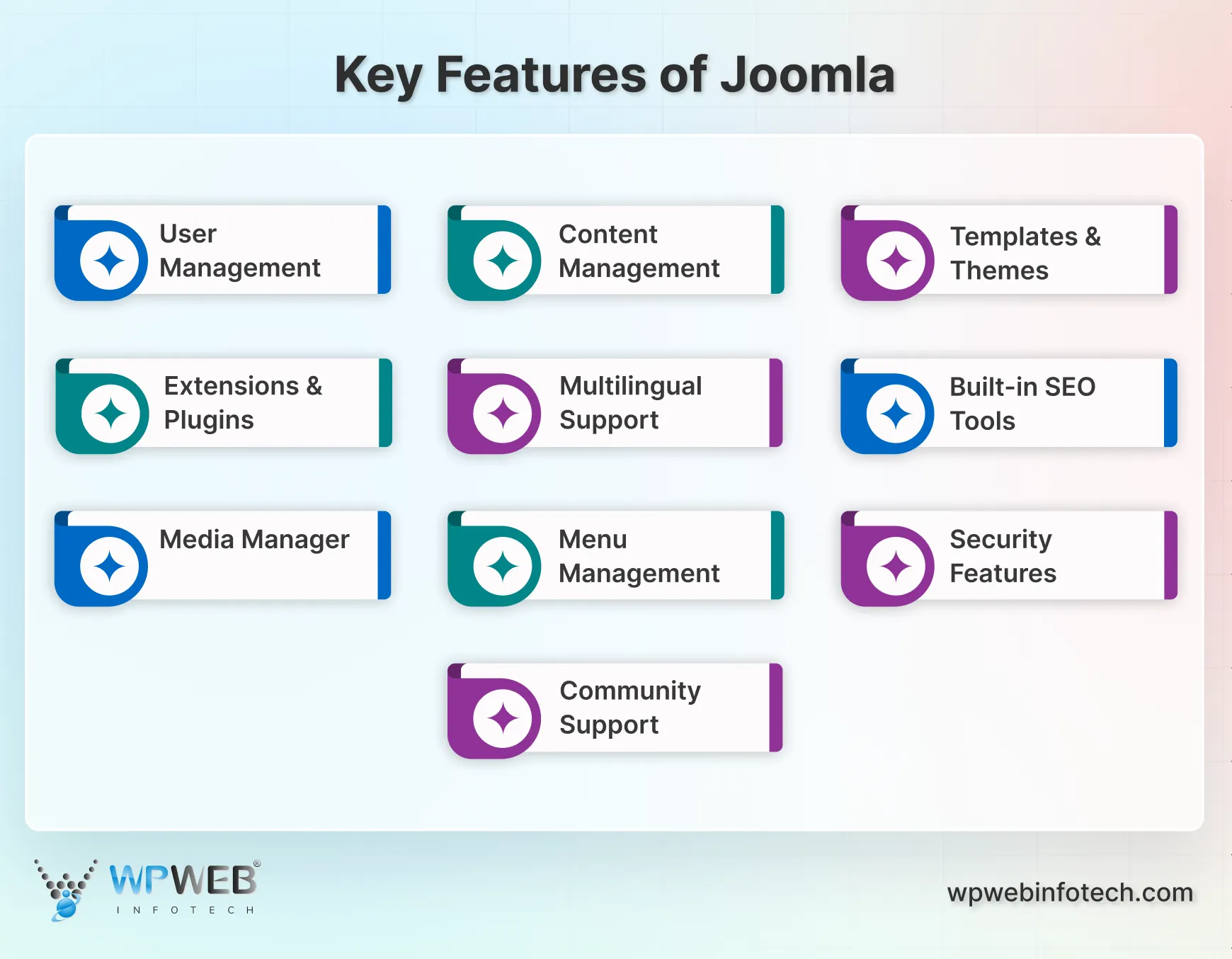
- User Management: Easily control user access and roles without touching any code.
- Content Management: Organize and publish content through a clean, built-in editor.
- Templates & Themes: Switch designs quickly using free or premium templates.
- Extensions & Plugins: Add new features anytime with thousands of ready extensions.
- Multilingual Support: Build websites in multiple languages without extra setup.
- Built-in SEO Tools: Improve visibility with custom URLs, meta tags, and more.
- Media Manager: Upload and manage images and files straight from the dashboard.
- Menu Management: Create custom navigation menus with simple drag-and-drop.
- Security Features: Regular updates and two-factor authentication keep your site safe.
- Community Support: Get help from a large, active community when you’re stuck.
Joomla offers both power and usability, perfect when you need more than WordPress but aren’t ready for full-scale development. It’s not the simplest CMS, but once you get comfortable, you can handle complex projects.
Overview of Laravel
Laravel is one of the best PHP frameworks that makes web development smoother and faster. It’s like having a toolbox with ready-made solutions for common tasks like database management, authentication setup, and more.
I used Laravel because it cuts down repetitive coding while keeping things clean and organized. If you’re building custom web apps or eCommerce sites, Laravel could be your choice.
What sets Laravel apart is its elegant syntax and strong community support. It has built-in features to handle advanced routing, security, and caching, so you can focus on developing an optimized website. While it does require coding knowledge, the learning curve pays off with a faster web development process.
Key Features of Laravel
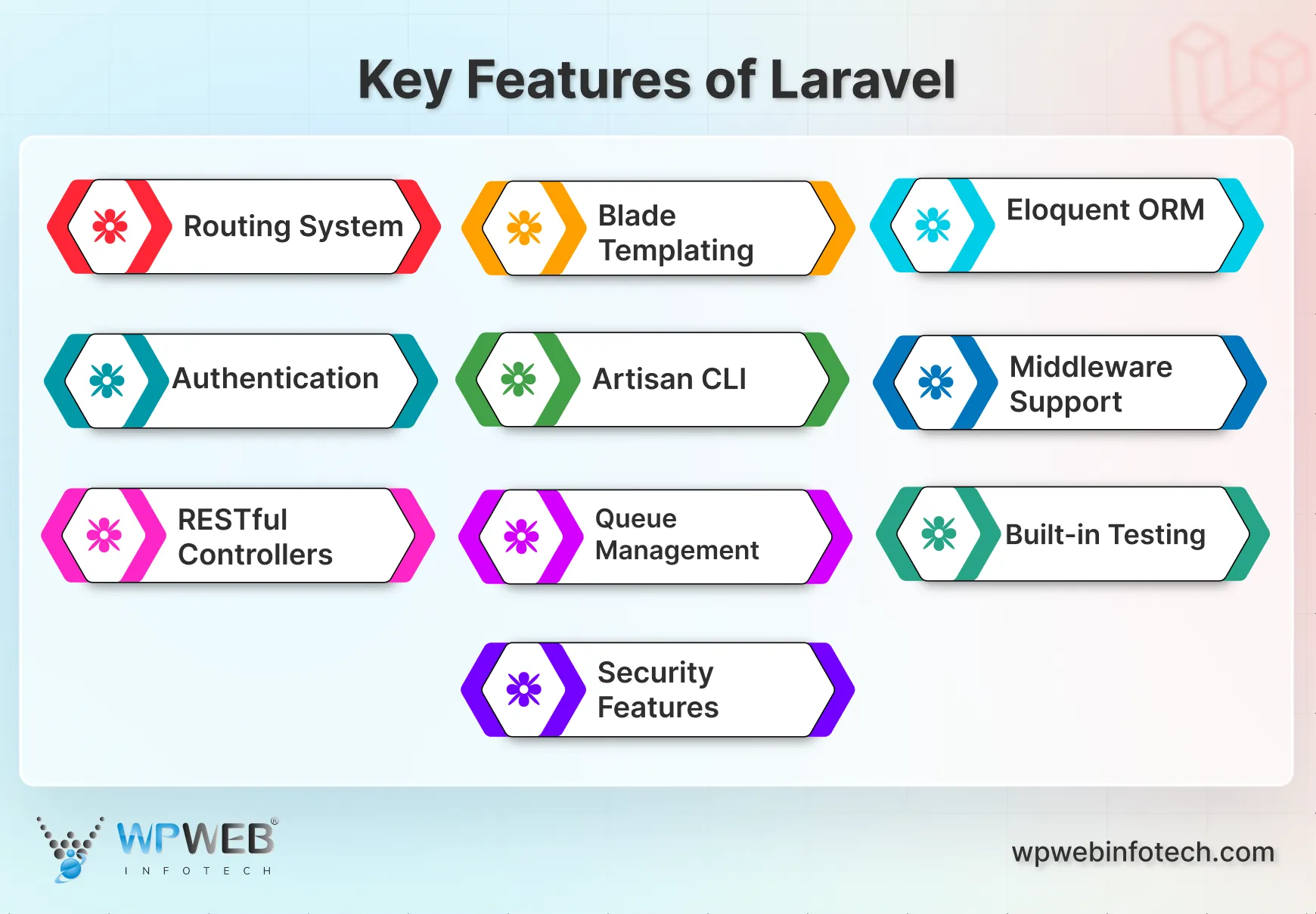
- Routing System: Define clean and simple URLs with full control over routes.
- Blade Templating: Write dynamic HTML with a syntax that feels natural and easy.
- Eloquent ORM: Work with your database using clear, readable PHP instead of raw SQL.
- Authentication: Set up user login and roles with built-in tools in minutes.
- Artisan CLI: Run tasks and generate code fast with Laravel’s command-line tool.
- Middleware Support: Add layers like authentication or logging without messy code.
- RESTful Controllers: Build APIs easily with structured controller methods.
- Queue Management: Handle background tasks like emails or processing jobs smoothly.
- Built-in Testing: Write tests to make sure your app runs just the way you want.
- Security Features: CSRF protection, encryption, and password hashing come built-in.
If you know PHP or are willing to learn, Laravel lets you build exactly what you imagine, no compromises. You can also consult with a professional Laravel development services for building well-optimized sites.
Detailed Comparison Between Joomla and Laravel
Choosing between Joomla and Laravel depends on your needs. Joomla is a ready-to-use CMS, and Laravel is a framework based on PHP. Let’s break down key differences to help you pick the right tool.
Ease of Use
Joomla strikes a nice balance between power and usability. The admin dashboard is clean enough for beginners to navigate, though it takes some getting used to. You can manage content easily without coding, but advanced features require digging into settings. It’s more complex than WordPress but easier than raw development.
Laravel is strictly a developer’s tool; there’s no friendly interface here. You’ll need PHP knowledge just to get started. While Artisan commands help automate tasks, you’re still writing code for everything. The learning curve is steep if you’re not already familiar with frameworks.
Verdict: Joomla is much easier for beginners, while Laravel is best for those with coding skills.
Customization and Flexibility
With hundreds of templates and extensions, Joomla lets you build professional sites quickly. You can tweak designs and functionality without coding, but you’re limited to what’s available. For major custom changes, you’ll still need a developer to modify core files or create custom extensions.
Laravel gives you complete freedom; you build exactly what you want from the ground up. Every feature, database relationship, and design element is under your control. The only con is that you’ll need to write code for every single functionality you need.
Verdict: Laravel offers more flexibility and is better for full custom builds.
Performance and Speed
Joomla performs well for brochure sites and small businesses. But add too many extensions, and things start slowing down. Caching helps, but you’ll need to optimize carefully for high-traffic sites. Database queries can get heavy with complex content structures.
When optimized properly, Laravel flies. It handles heavy traffic smoothly and scales beautifully. Database queries are efficient, and you can fine-tune every aspect of performance. You need technical know-how to implement these optimizations.
Verdict: Laravel wins for high-performance and speed optimization potential.
Security
Joomla’s core is reasonably secure, but its real weakness comes from third-party extensions. I’ve seen sites get hacked through poorly-coded plugins. You’ll need to stay on top of updates and maybe add security extensions. The built-in two-factor auth helps, but you’re only as strong as your weakest extension.
Laravel has security right in the framework. Things like CSRF protection and prepared SQL statements come standard. I sleep better knowing my user auth and data handling are secure by design. You still need to code responsibly and follow Laravel security best practices to safeguard your site.
Verdict: Laravel offers developer-level security from the ground up.
Scalability
Joomla can handle moderate traffic just fine, but I’ve hit walls with complex sites. Once you start adding multiple extensions and heavy content, performance tanks. Caching helps, but you’ll eventually need serious hosting power or a rebuild for large-scale projects.
This is where Laravel shines. I’ve scaled Laravel apps to handle thousands of users without breaking a sweat. The clean code structure and database optimization options let you grow smoothly. Need microservices or API scaling? Laravel’s built for it from the ground up.
Verdict: Laravel scales way better for big projects.
SEO Capabilities
For SEO, Joomla’s pretty solid out of the box. Clean URLs, meta tags, and extensions like sh404SEF make optimization painless. I’ve ranked sites well without much technical know-how. The structure helps, though some themes still need tweaking for perfect SEO.
With Laravel, SEO is what you make of it. You’ve got complete control but need to build everything: meta tags, sitemaps, the works. Packages like spatie/laravel-sitemap help, but it’s all manual. Perfect if you need custom solutions, frustrating if you want simplicity.
Verdict: Joomla is more SEO-ready out of the box; Laravel needs custom work.
Cost and Licensing
The Joomla core is completely free, which is great for starters. But here’s the catch – most good templates and extensions cost money. I’ve easily spent $200+ on must-have plugins for a professional site. Hosting costs add up, too, especially if you need better performance.
Laravel itself is free and open-source, but that’s just the beginning. You’ll either need to code everything yourself (time = money) or hire a Laravel developer. Custom work isn’t cheap – I’ve seen simple Laravel projects start at $5k.
Verdict: Joomla’s cheaper upfront, Laravel costs more long-term.
At last, I would say, pick Joomla for content sites, blogs, or when you need a balance of power and simplicity. And choose Laravel for custom apps, scalability, and full control (if you code or hire devs).
Joomla vs Laravel: Which One to Choose When?
Picking between Joomla and Laravel isn’t about which is better – it’s about which is better for you. Here’s when each one makes sense:
Choose Joomla if…
- You need a website fast, without coding
- Your team isn’t technical but needs content control
- You want built-in features like user management and SEO tools
- You’re okay working within template/extension limits
- The budget is tight for development costs
Choose Laravel if…
- You’re building a custom web application
- Your project needs unique functionality
- You have (or can hire) PHP developers
- Performance and scalability are top priorities
- You want full control over every aspect
Both Joomla and Laravel are powerful in different ways. Joomla is perfect for quick, content-driven websites. Laravel is a better choice when you need something customized and ready to grow with you. Think about your project goals, and the right choice will be clear.
Final Verdict
Choosing between Joomla and Laravel really comes down to what you’re trying to build and how much control you need. Joomla makes sense for anyone who wants to launch a site quickly without touching much code. On the other hand, Laravel is ideal when you need custom and scalable web solution.
Both Joomla and Laravel are solid tools built for different needs. If the goal is speed and simplicity, Joomla checks the boxes. But if flexibility and scalability matter more, Laravel may be worth the investment. The right tech is all about what works better for your specific needs. And if you are ready to build your web project, connect with us today!
FAQs on Joomla vs Laravel
Is Joomla easier to use than Laravel?
Yes, Joomla is much easier to use, especially for beginners or non-developers. It has a visual interface that makes content management simple. You don’t need to touch code to build or manage a site. Laravel, on the other hand, is developer-focused and requires coding knowledge.
How much does Joomla and Laravel each cost to maintain?
Joomla has lower initial costs, but premium extensions add up. Laravel is free but development hours get expensive. Budget for Joomla plugins and hosting. For Laravel, factor in developer costs. Your choice depends on upfront vs long-term budget.
Can I build an eCommerce site with both Joomla and Laravel?
Yes, but differently. Joomla uses extensions like VirtueMart for quick online stores. Laravel needs custom coding or packages like Bagisto. Joomla’s easier for basic stores, while Laravel fits complex requirements. Choose based on your technical skills and project needs.
Is Joomla or Laravel better for large-scale projects?
Laravel is a better pick for large and complex projects. It offers more flexibility, better performance tuning, and is ideal for custom applications. Joomla works fine for medium websites but might hit limits when things get more advanced or heavily customized.
Can I migrate from Joomla to Laravel later?
Yes, but it’s a complete rebuild, not a simple migration. You’d need to redesign and recode everything. Many start with Joomla then move to Laravel when they outgrow it. Plan ahead – switching platforms means starting from scratch.
Compare the best tech side by side.
Our in-depth comparisons help you see features, pros & cons, and choose the right tools confidently.



